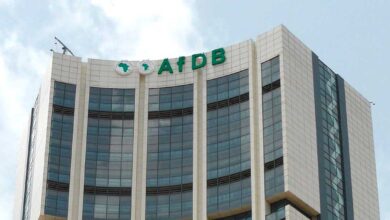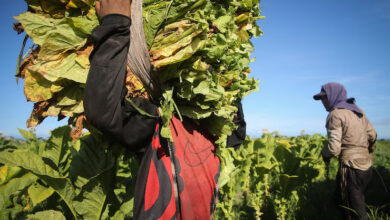Econet, Cassava smartech reveals its financial reports

Cassava Smartech has released its audited abridged financial statements for the year-end 29 February 2020. The major highlight in the report was the revenue that the company raked in. Cassava recorded ZWL$ 4.6 billion in total revenue which was a 43% increase from the figure registered for the period ending February 2019 (ZWL$1.1 Billion).The lion’s share (89%) of that revenue was made by the banking (Steward Bank) and mobile money (EcoCash) divisions.
However, that 89% share made by mobile money and banking is a decrease from the 91% the divisions held the previous year.In the report, Cassava says that they see the decline in Fintech’s contribution as a positive sign of the company’s diversification efforts. “We are excited about the growth of Agritech and Moovah revenues included in our Insurtech and Other segments respectively. The
growth was largely driven by the digital on-demand agriculture platform catering for both smallholder and large scale commercial farmers, as well as the non-motor business for the short term insurance business unit.”
Despite the harsh economic situation, Cassava recorded an increase in gross profit of 68% which was an increase from the 57% registered in 2019. The report goes on to say that Cassava will be embarking on cost optimisation measures to try and alleviate some of the pressures put on by the economy as well as complement revenue generation.Cassava didn’t totally escape Zimbabwe’s economic strife
The local currency’s progressive decline against the US dollar had an effect on Cassava’s financial performance.
The company suffered foreign exchange losses that amount to ZWL$2 billion.Foreign exchange losses occur when a company pays for goods and services in forex. The unstable nature of the local currency relative to the United States Dollar resulted in differences in monetary assets and liabilities. Those liabilities and assets include:
Cash
Accounts payable (money that a company owes to its suppliers which reflects as a liability on its balance sheet)
Accounts receivable (money owed to a company for goods and services rendered but not yet paid for by clients)
Notes payable (where a borrower agrees to pay an amount over a determined period of time)
Long term debt
Companies that hold these assets, as we have seen in Cassava’s report, measure their value in the currency that they trade in at the end of each reporting period.
Forcast
Looking at the recent regulatory measures like the ZWL$35 000 a week limit on mobile money, Cassava is likely going to be impacted by the transaction restrictions places EcoCash. Mobile money was a major contributor to Cassava’s revenue and with the current transaction restrictions in place, it wouldn’t be surprising to see revenue take a dip when the financial reports for this year come out.




